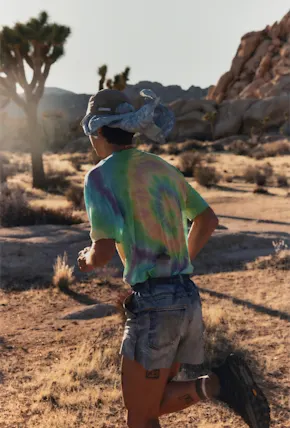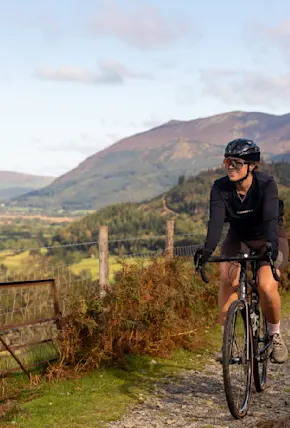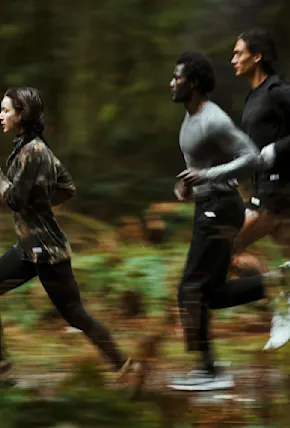Maggie Slepian is a Bozeman, Montana-based writer and editor with experience thru-hiking and working in Yellowstone National Park. Bylines at the intersection of the outdoors and mental health can be found in The New York Times, Lonely Planet, Outside, and Backpacker.
To say I grew up in a frugal household would be an understatement. My dad was a hard worker who put in 40 years for corporate America, and my mom had the unwavering discipline to budget hard enough that my dad’s sole income could put me and my three siblings through college at our state school.
As an adult with a fully developed frontal lobe, I recognize my privilege is borne from my parent’s planning and sacrifice. But as a deeply uncool 90s kid with no ability to see past the next 15 minutes, this meant the shame of reused Ziplock bags, mismatched pencils from the local bank, and unglamorous vacations in the family minivan.
My parents were saving for the future, but middle school Maggie would have traded a fully funded college degree for a fresh pack of Bic mechanical pencils, and probably tossed in my younger sister to sweeten the deal.
Like most snotty children and teenagers, I grew out of this ungrateful mindset. By the time I graduated debt-free with a questionably useful English degree to pursue my dream of working minimum wage as a Yellowstone horseback guide, I was free to fly on planes, eat in overpriced restaurants, and buy all the mechanical pencils my heart desired.
I also finally understood the impact of my parent’s planning. I was the only person in my social circle without college debt, and the impact was obvious in every aspect of my life. Unlike my peers funneled into salaried careers, I was free to suffer through an unpaid local outdoor magazine internship while working as a wedding caterer on the weekends. With no burden of student loan repayment, I could dedicate time and effort to accepting outdoor-industry writing assignments for atrociously low rates, which eventually became enough of a portfolio where the free gear and trips started rolling in.
By the time I was six years into my writing career, I’d crossed the Grand Canyon, skied in Aspen, traversed the Superstition Mountains, and backpacked the Wind River Range, all on branded press trips that childhood Maggie wouldn’t have dreamed of.









